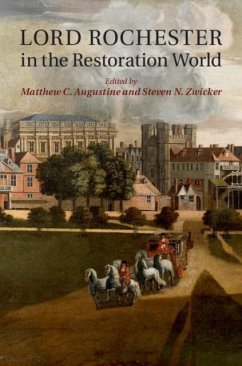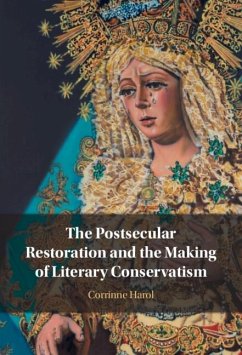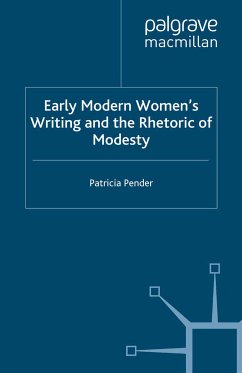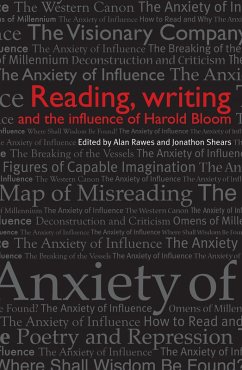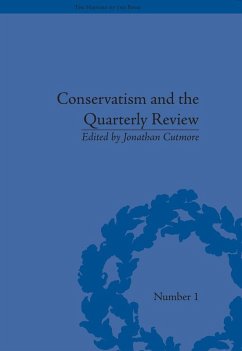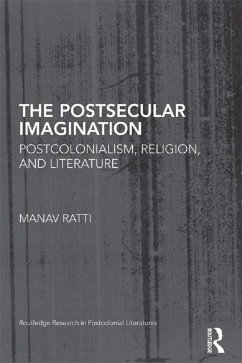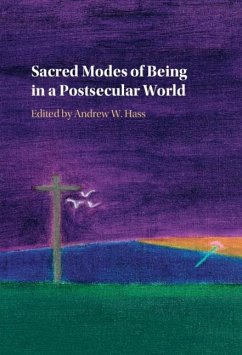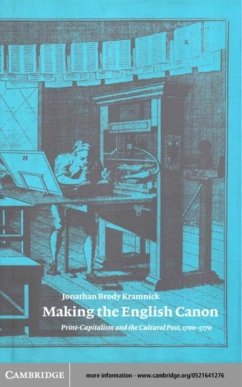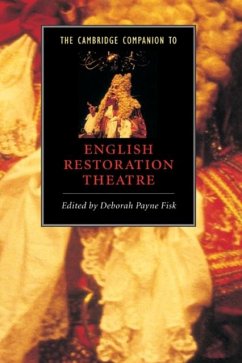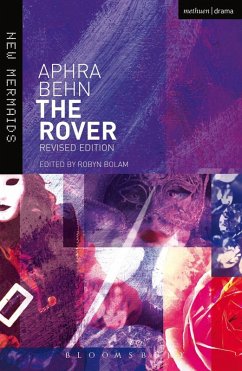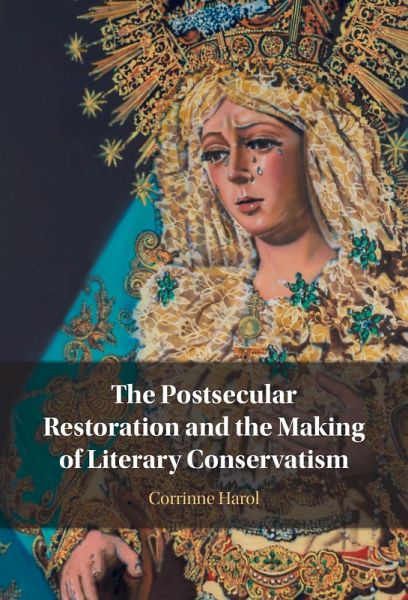
Postsecular Restoration and the Making of Literary Conservatism (eBook, PDF)
Versandkostenfrei!
Sofort per Download lieferbar
73,95 €
inkl. MwSt.
Weitere Ausgaben:

PAYBACK Punkte
37 °P sammeln!
This book reveals a synergy between postsecularity - as a critique of emergent liberal secular ideals and practices - and the modern literary sphere, in which conservative writers feature prominently. Corrinne Harol argues boldly yet compellingly that influential literary forms and practices including fiction, mental freedom, worlding, reading, narration, and historical fiction are in fact derived from these writers' responses to secularization. Interrogating a series of concepts - faith, indulgence, figuring, reading, passivity, revolution, and nostalgia - central to secular culture, this stu...
This book reveals a synergy between postsecularity - as a critique of emergent liberal secular ideals and practices - and the modern literary sphere, in which conservative writers feature prominently. Corrinne Harol argues boldly yet compellingly that influential literary forms and practices including fiction, mental freedom, worlding, reading, narration, and historical fiction are in fact derived from these writers' responses to secularization. Interrogating a series of concepts - faith, indulgence, figuring, reading, passivity, revolution, and nostalgia - central to secular culture, this study also engages with works by Aphra Behn, John Dryden, Margaret Cavendish and Walter Scott, as well as attending to the philosophies of Thomas Hobbes, David Hume, and Edmund Burke. Countering eighteenth-century studies' current overreliance on the secularization narrative (as content and method, fact and norm), this book models how a postsecular approach can help us to understand this period, and secularization itself, more fully.
Dieser Download kann aus rechtlichen Gründen nur mit Rechnungsadresse in A, B, BG, CY, CZ, D, DK, EW, E, FIN, F, GR, HR, H, IRL, I, LT, L, LR, M, NL, PL, P, R, S, SLO, SK ausgeliefert werden.




